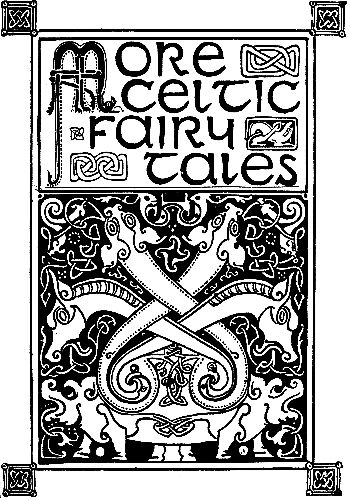Update. It looks like all is well again... thanks for your patience! :-)
I'll leave this not up in case it goes down during the nighttime. Hopefully, though, it will all stay good. Here's the note I had posted earlier:
Monday evening. I'm having some trouble with the PBWorks website right now; I've reported the problem, and I hope it will be fixed soon. Here are some links that should be useful in the meantime: Myth-Folklore UnTextbook — Indian Epics Reading Guides — Indian Reading Units + Units Overview. If you are having trouble because the PBWorks site is down, send me an email and I'll see if I can get you the information you need!
Today is Monday. Week 10 is now over... and Week 11 has begun. Monday morning, until noon, is the grace period if you did not finish any of the Week 10 assignments. This week's topic in the Myth-Folklore class is stories from the British Isles, and in Indian Epics you have a choice: Buck's Mahabharata or Indian topics from the Myth-Folklore class. I hope you will enjoy the readings!
Class Procedures and Reminders
Storybook/Portfolio stack. As always on Monday, I will have a huge bunch of assignments in the stack that were turned in over the weekend. The first thing I will do on Monday morning when I get to work is to update the list of items in the Storybook stack. So, after 9AM or so on Monday, you will be able to check the contents of the stack to make sure I received your assignment.
Indian Epics: Weeks 11-14. (repeat announcement) There's a twist in the reading routine for Indian Epics in Weeks 11-14 so that you will be choosing what you want to read: Buck's Mahabharata (for four weeks) OR four one-week long reading options from the Myth-Folklore class. I've put up some information here that I hope will be helpful: Indian Epics Reading Choice. I hope that all makes sense, and if you have any questions about that, let me know!
Week 10 UnTextbook Report. (repeat announcement) Thanks as always to the people who filled out the Google Form with your comments and feedback about the Native American units. I've written up the results here: Week 10 UnTextbook Report. I hope you will enjoy the next two weeks of stories from the British Isles, both English and Celtic. If you have any questions as you make your reading choices, let me know.
The following items are for fun and exploration:
Language Resource: History of the English Language. From the Open University, here is a great video about the history of the English language - funny and informative (link to the video at YouTube).
Indian Words in English: Today's Indian word in English is GINGER, which comes to English via Sanskrit, Greek and then Latin. For details, see this blog post.

Featured Storybook: Adventures of the Knave: The Shuffling of the Cards. One moment Jack is sitting there at the table playing cards with his grandmother on Sunday afternoon... and the next moment he awakes in Wonderland, where the cards have come to life.

FREE Kindle eBook: More Celtic Fairy Tales by Joseph Jacobs. Here is a link to the book at Amazon, and this blog post provides additional information about the contents of the book. This is a source for one of the Celtic units coming up in Myth-Folklore, and it includes the great story of "The Fate of the Children of Lir."

Words of Wisdom: Today's proverb poster is If you are afraid to wet your feet, you will never catch fish (an Armenian proverb). Details at the Proverb Lab. So, don't worry: get your feet wet!

Mahabharata Image: Today's Mahabharata image is Dhritarashtra and Bhima's Statue. You can also see Krishna and the Pandavas brothers standing by.

Monday Event on Campus: There will be a "Meditation in the Museum" session from 5:30PM - 6:30PM in the Sandy Bell Gallery (details). Find out more about this and other events at the Campus Calendar online.
October 27: Birthday of Erasmus. Today marks the birthday in the year 1466 of Desiderius Erasmus, one of the greatest scholars of the Renaissance (some sources give October 28 instead as his date of birth). You can read about Erasmus's remarkable life and career in this Wikipedia article. Below is a famous portrait of Erasmus by Hans Holbein the Younger; along the edge of the book facing the viewer the letters read "The Labors of Heracles" in Greek (ΗΡΑΚΛΕΙΟΙ ΠΟΝΟΙ = HERAKLEIOI PONOI), alluding to the amazing feats which Erasmus accomplished in his life as a scholar, labors worthy of Hercules.

Note: You can page back through older blog posts to see any announcements you might have missed, and you can check out the Twitter stream for information and fun stuff during the day.